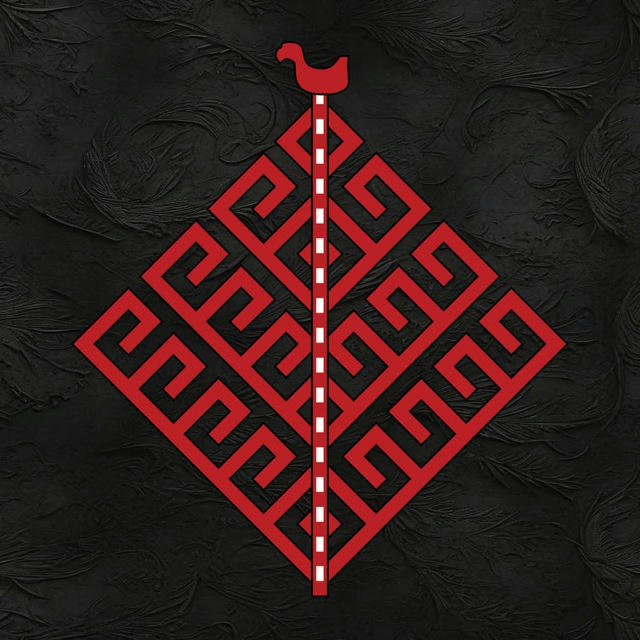
Folkish Worldview
- Subscribers
- Post coverage
- ER - engagement ratio
Data loading in progress...
Data loading in progress...
Our Christian compatriots would find it funny to know a schism among the pagans is similarly happening at the present time. Fundamentalists are at odds with those they deem tradition-breaking transcendentalists and “proto-Christians” as they believe the heroic state of a culture’s early innocence is the only possible avenue for divine inspiration or communion. The “transcendentalists” instead defer to the philosophers who amended certain traditions, many of who were themselves classically trained priests like Plutarch (who was a priest of Apollo), Pythagoras or Iambhicus. Communications have broken down. The transcendentalists refer to the fundamentalists as such in a derogatory fashion. Some outright refer to themselves as such. In response they say the transcendentalists are tradition-breaking liberals, or atheists for believing in the Gods in a way interpreted by fallen men.
Your current plan allows analytics for only 5 channels. To get more, please choose a different plan.
